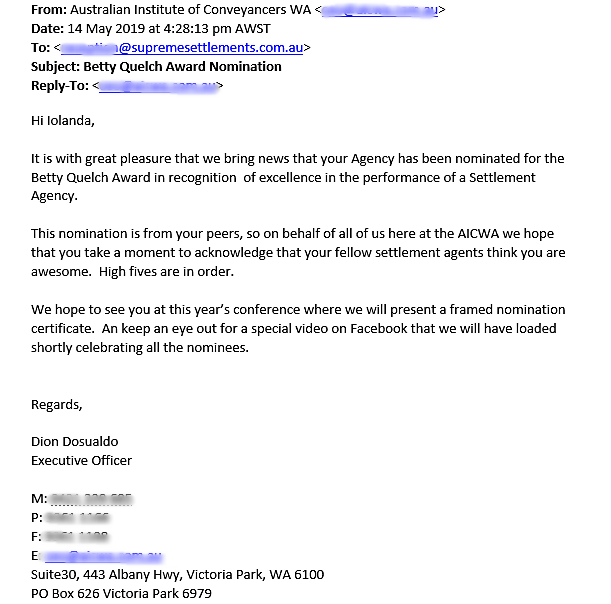How to select your choice of vacant land for sale if you are looking to build a house. This information will also be relevant if you are looking for land for commercial or industrial use.
Often a block is released for sale in a new housing or industrial estate or sub-division. That’s where most people find them.
If you have a settlement agent they will do much of the necessary research for you. If you are contemplating the task yourself… … I would suggest you do your homework.
Here are a few things you need to do:
Check with the local council and the Department of Planning when buying vacant land. Looking for details of facilities and amenities planned for the area. Proposed or planned:
- schools;
- shops;
- parks, etc. that may impact your land.
There may be restrictions on building on the property.
Ask if there are any future road works or other public works planned for the area. Possible highways, power lines, transformers or other utilities that could impact your land.
The local council will tell you if the land is subject to a ‘building envelope’.
A building envelope is of particular relevance in semi-rural subdivisions. House construction may only be possible within a certain area of the block.
Make inquiries with the relevant government authorities. Ask about services connected to the block. Services can be electricity, gas, water, sewerage, internet access. How good is mobile phone coverage, and land line telephone? Ask about the position of underground cables and pipes.
Check with the local council for the composition of the soil. You are looking for sand, limestone, or clay, to determine whether it is suitable for building.
Have a licensed surveyor conduct a check on the boundaries of the property. Ensure boundaries are accurate.
How to select vacant land – site costs
Site costs are the expenses you will have to meet to have the block prepared for the foundations of the house. The nature of the house and the characteristics of the land determine site costs. Before you buy your block get a quote for site costs for the style and size of the house you are planning to build.
Generally blocks of land with the lowest site costs are those that are flat and have sandy soil. Rocky land with steep slopes tends to have high site costs. Drainage problems will also affect site costs. The local council will be able to tell you if the land is susceptible to drainage problems. You may need special building requirements and/or restrictions.
That is to say, get a quote from the builder for site costs before making an offer to buy. Ask your potential neighbours who have built recently in the area if they encountered any problems.
How to select vacant land – Restrictions
Encumbrances are restrictions, which could hamper the future use of the land. Encumbrances on vacant land may include:
• easements – for example, an adjoining landowner may have a particular right to cross the land; a sewerage or drainage line may have to pass through your land; and/or
• restrictive covenants – for example, there may be restrictions on using the land in a certain way, including restrictions on building heights or the use of certain building materials; boundary fences to be constructed to a particular standard.
If you are in a designated bush fire area, extra planning and building requirements may apply.
A great idea is to check for any encumbrances through your solicitor or settlement agent.
Therefore, when considering the purchase of a block of land, make inquiries. Ask if there are any easements or restrictions that might affect the use or resale of the land.
If you have undertaken this task on your own, you may find the best option is to carry out your own checks. Engaging a settlement agent will reduce this task 10 fold. Your settlement agent will be available to move you through settlement and protect you from criteria that you might miss.
Supreme Settlements are available to answer your questions and provide you with more detailed information. Call them today (08) 9417 2322 or leave a more detailed request at Contact Us













